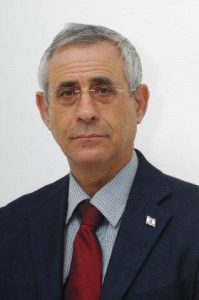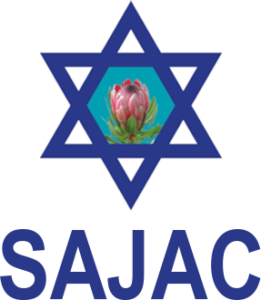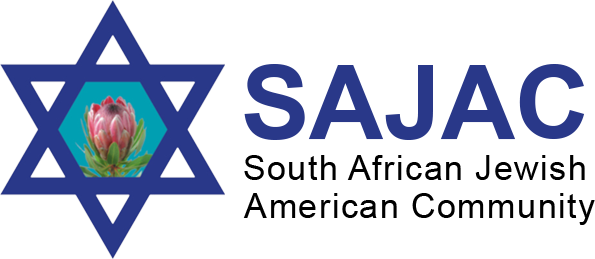Understanding Our Arab Neighbors Through Language and Culture
 The brutal acts of terrorism and the scary threats of nuclear and unconventional weapons have thrust the Arab world into the spotlight. But why are Arab groups targeting Western (and Jewish) communities? And why does it feel like we can’t speak the same language?
The brutal acts of terrorism and the scary threats of nuclear and unconventional weapons have thrust the Arab world into the spotlight. But why are Arab groups targeting Western (and Jewish) communities? And why does it feel like we can’t speak the same language?
Dr. Mordechai Kedar, a lecturer in Arabic at Bar-Ilan University and a researcher at the Begin-Sadat Center for Strategic Studies, has some answers. He believes that to really understand the Arab world and mindset, you need to dive into their language, history, and culture.
“The key to understanding Arab societies is to view the world from their perspective,” Kedar says. “The problem is, the West tends to see things through its own lens, forgetting that Arab societies think, feel, and act in ways that are often completely different.”
Kedar points out that while Western values emphasize individualism, freedom, and sexual openness, the Middle East focuses more on group loyalty, moral codes, and a deep connection to history and religion.
Take Iraq, for example. Western occupiers come in talking about democracy and freedom—values that make perfect sense to them—but many Iraqis find these ideas strange, even suspicious. Americans (and many Israelis) often assume their way of thinking should apply universally, which is why efforts to bridge the gap sometimes fail.
Name: Mordechai Kedar
Born: 1952, Tel Aviv.
BA: 1982, Arabic and Political Sciences, Bar-Ilan University.
PhD: 1998, Arabic, Bar-Ilan University.
Areas of Research: Islam, Islamic Movements, Gender in the Islamic World, Arabic Mass Media, Popular Culture in the Islamic World, State and Society in the Arab World.
Languages: English, Arabic, Hebrew.
Teaching: Bar-Ilan University since 1994.

